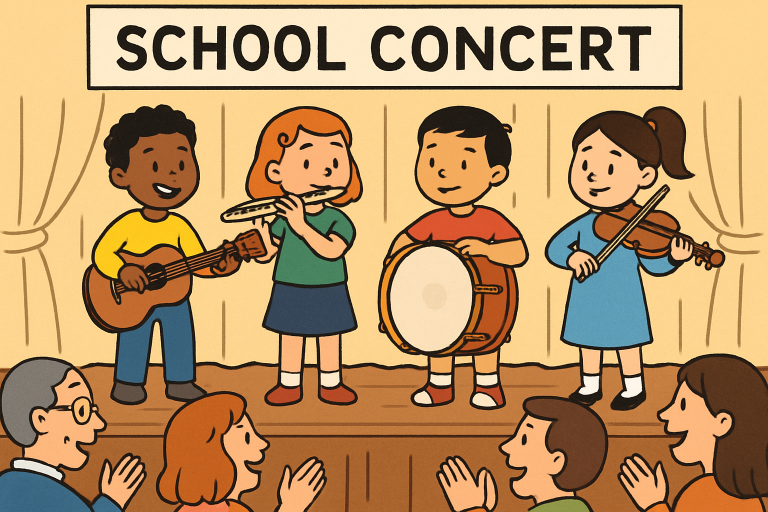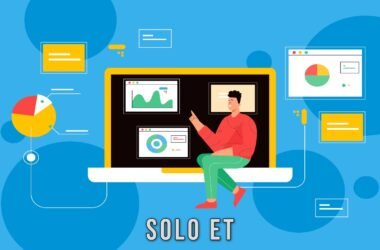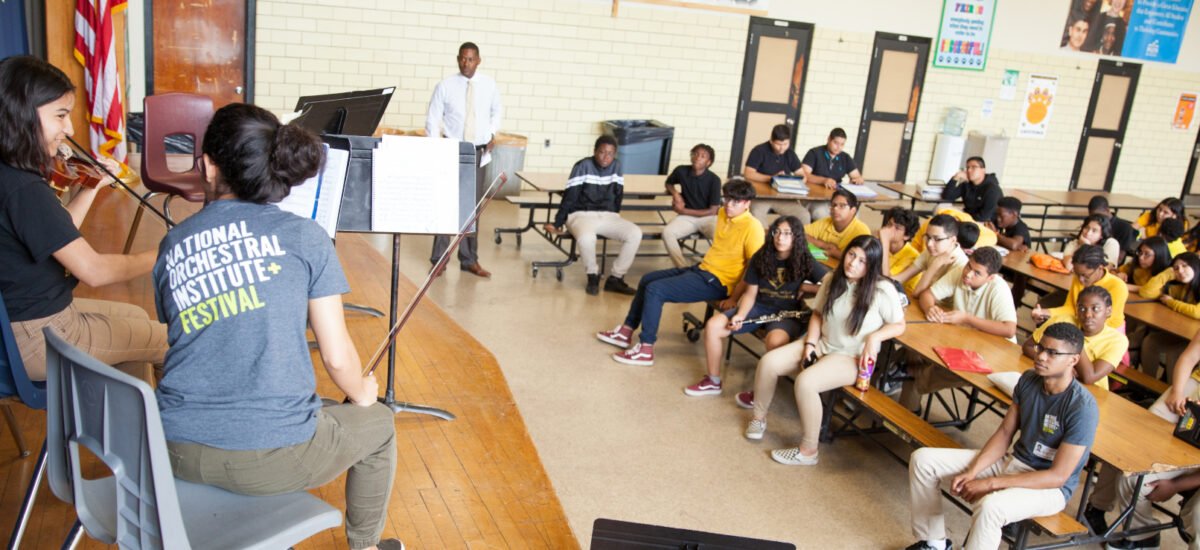Music education is more than just an artistic pursuit—it is a fundamental component of a well-rounded curriculum that fosters creativity, discipline, and critical thinking among students. Yet, consistent support and funding for music programs can be an uphill battle. To make a compelling case for sustaining and expanding these programs, communities, educators, and advocates must use creative techniques for advocating for music in schools that actively engage a wide range of stakeholders. Employing varied advocacy approaches can amplify the message that music is essential to personal and academic growth. Connecting the value of music education to real-world outcomes and involving passionate supporters are crucial steps in building lasting advocacy. Whether you are an educator, parent, student, or community member, multiple entry points for effective advocacy can lead to sustained support. Elevating the conversation and showing tangible results is paramount for influencing school boards, policymakers, and the public.
Engaging the Community Through Performances
Live performances are a powerful way to spotlight the benefits of music education. Organizing concerts or musical showcases at schools or community events allows students to demonstrate their abilities in front of parents, educators, district leaders, and residents. Including teachers and school administrators in these events underscores the collaborative nature of music and fosters a sense of unity and pride. These gatherings serve as an invaluable opportunity to articulate the necessity for continued investment in music education. Attendees witness the skills, teamwork, and creativity nurtured by these programs first-hand, creating a fertile environment for support and fundraising efforts. Community engagement through live music also helps to humanize advocacy messages, making the cause more relatable and tangible to all involved.

Leveraging Social Media Platforms
Social media platforms are essential for reaching a broad audience quickly and efficiently. By regularly posting videos of student performances, testimonials from alumni, and news related to program milestones, advocates can build strong digital communities dedicated to music education. Platforms like Facebook, Instagram, and X (formerly Twitter) allow advocates to tell compelling stories in real time, enhancing awareness and garnering more public support. Developing dedicated pages and hashtags can help create an online movement. Inviting followers to share their music education experiences or participate in virtual live performances can encourage participation and foster advocacy. Creative content, such as music-related challenges or behind-the-scenes videos, can increase engagement and inspire new supporters. Social media analytics further allow you to tailor content for maximum impact, ensuring the advocacy message reaches key demographics.
Collaborating with Local Businesses
Partnerships between schools and businesses strengthen both the local economy and music programs. Local companies can sponsor events, provide funding for instruments, or host performances, while benefiting from community goodwill and increased customer engagement. In exchange, music programs receive much-needed resources and visibility. Regular collaboration can lead to lasting alliances, providing music education initiatives with a safety net during financial uncertainty. School-business partnerships have been shown to foster greater community investment in education.
Hosting Interactive Workshops
Interactive workshops invite the broader community to understand and participate in music-making. Educators demystify music education by organizing events on songwriting, digital music production, or building homemade instruments, and make participation accessible to all ages and backgrounds. Hands-on workshops engender a more profound appreciation among participants and can spark a lifelong interest in music or advocacy for music programs. Workshops are also an opportunity to disseminate information about the positive effects of music education. As participants experience the process, they often become vocal allies who can help carry the advocacy message into their families and networks.
Utilizing Data-Driven Advocacy
Turning to credible research and measurable data is essential when making the case for music education to decision-makers. Numerous studies demonstrate that sustained involvement in music yields significant academic, social, and cognitive benefits. For instance, findings consistently show strong correlations between music participation, higher reading and math achievement, and improved social-emotional development. Presenting this evidence to school boards, parents, and district policymakers creates a compelling foundation for continued advocacy and informed resource allocation.
Forming Student-Led Advocacy Groups
Empowering students to lead advocacy efforts introduces a unique and persuasive voice into the conversation. Student-led groups can organize awareness campaigns, present at school board meetings, and share their journeys in music with the broader community. Their enthusiasm and first-hand perspective are potent tools for influencing adults, particularly when personal stories are paired with data about music’s impact on academic and social growth. Helping students develop as advocates benefits the music program and teaches essential leadership, organizational, and communication skills, further reinforcing the value of their education.
Engaging Local Media Outlets
Local newspapers, radio, and television stations are essential allies in raising the profile of music education advocacy efforts. Press releases about concerts, new initiatives, or student achievements can spark interest among reporters and the community. Opinion articles by teachers, administrators, parents, or students can reach readers emotionally and intellectually, allowing the community’s voice to shape local education priorities. Inviting journalists to attend performances or workshops increases the likelihood of favorable coverage, ensuring the story resonates beyond school walls. Building lasting media relationships amplifies advocacy messages during budget negotiations and key decision-making moments.
Partnering with Educational Institutions
Collaboration with local colleges and universities can bring valuable resources and mentorship opportunities into K-12 school music programs. Higher education institutions often have faculty and students eager to support performances, serve as guest instructors, or provide expertise in specialized areas like music technology or composition. Partnering on concerts, competitions, and mentorship programs creates a direct pipeline for student growth while signaling a broader commitment to the arts. These partnerships can also open doors to new grants and funding sources, helping to bolster the sustainability of programs. Joint efforts demonstrate inter-institutional support for music education, making a robust case for its lasting value in a student’s educational journey. Championing music education calls for creativity, collaboration, and consistent outreach. Utilizing these strategies for advocating for music in schools can significantly increase support, ensuring that music education remains an integral and vibrant part of every student’s learning experience.








